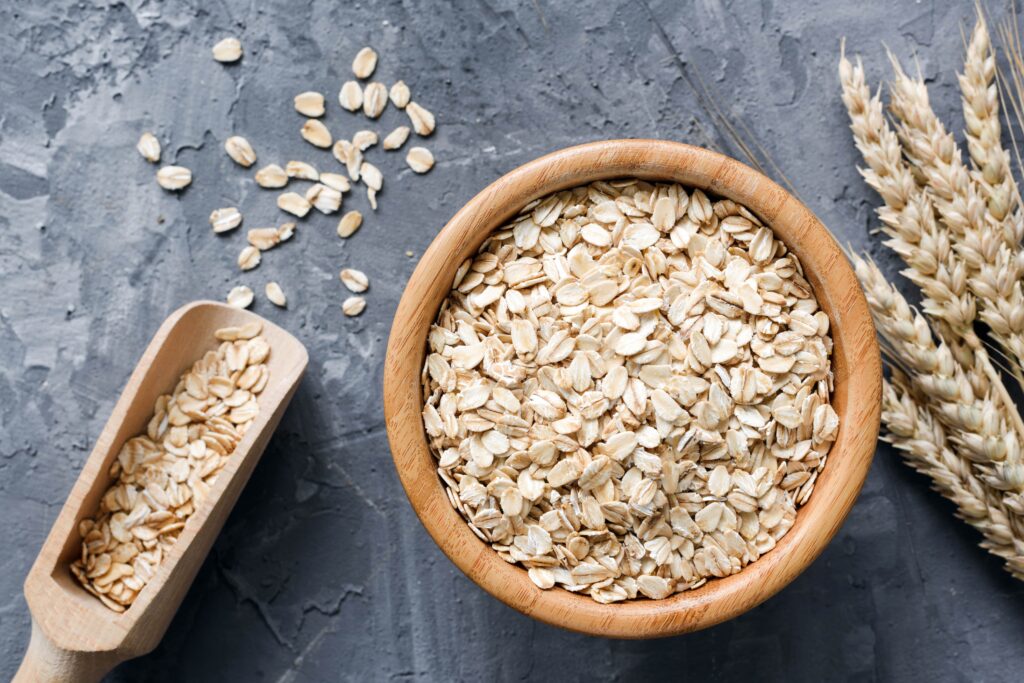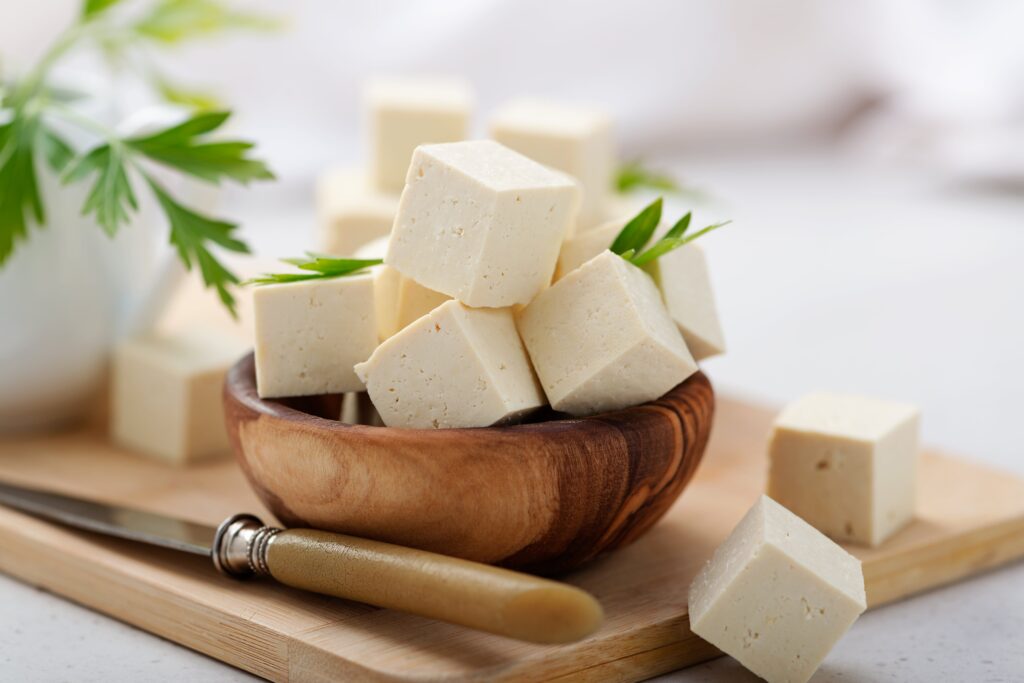The debate over whether a vegetarian or non-vegetarian diet is better is constant. Each of them has a unique set of benefits and drawbacks. Non-vegetarian cuisine frequently contains a lot of calories, which might result in significant weight gain when it comes to nutrition. That’s not fully accurate, though. The vegetarian diet also includes a lot of high-calorie foods that will cause you to put on weight. People do, however, generally lean toward the vegetarian diet because it is far healthier, and it has been claimed that the vegan diet really aids in weight loss.
Adults and kids who follow vegetarian diets frequently have a smaller waistline than those who follow non-vegetarian diets. This could be as a result of the fact that recipes for a vegetarian diet frequently feature plant-based proteins that are more filling, lower in calories, and fat and calorie-free fruits and vegetables, whole grains, and fiber.

Not all vegetarian diets are low in calories. Vegetarians who consume an excessive number of high-calorie meals, such as sugar-sweetened beverages, fried foods, and sweets, or who consume portions that are too big, may put on weight. Recipes for vegetarian foods, such soy cheese, refried beans, snack bars, and soy hot dogs, can be high in calories and fat. Eating a balanced diet and continuing your physical activity are essential for weight loss, whether you eliminate animal products or not. Eating a vegan or vegetarian diet is not always important.
You cannot simply start eating vegetarianism and expect to lose weight. There are many foods that can make you gain weight. These are a few vegetarian foods that you may include in your diet to help you receive the nutrients you need while also losing weight.

- Fresh fruits and vegetables
- Oats
- Tofu
- Brown rice
- Chickpeas
- Barley
- Sprouts

When compared to people who eat a non-vegetarian diet, vegetarians are more likely to lose weight, and vegans are more likely to do so than lacto-ovo vegetarians. Additionally, those who intentionally consume fewer calories while adhering to a lacto-ovo vegetarian or vegan diet experience greater weight loss than those who do not. Vegetarian diets have been found to help people lose weight for at least a year and possibly longer, but additional research is required to discover whether these diets can help people maintain their weight over the long term.
You can get a lot of health advantages when you switch to a vegetarian diet. Here are a few to mention.
- Reduces Blood Pressure
- Healthier bones
- Keeps your heart healthy. Lesser risk of heart diseases
- It can help prevent Type 2 Diabetes
- Decreases the chances of getting colon cancer
It is better to avoid them because the vegetarian diet includes foods that are high in calories as well. Here are a few examples.
- Highly processed vegetarian food – Veg burgers, frozen food, imitations of diary product. Make sure you avoid these as much as possible.
- Refined carbs – White bread, crackers, white pasta. It is a give that these food products will not help you lose weight in anyway. Its best not to add them into your diet.
- Beverages and sweets – Fruit juices, sodas, energy drinks, candies, pastries. Fruit juices are good for you, but only if you make them yourself. The ones that you can purchase usually contain a lot of sugar in them. Sodas and energy drinks are even worse than them. Limit the amount of candies or pastries you eat. They may taste very sweet and good, but they will also add to your weight
A healthy diet choice is to eat vegetarian. And with so many cookbooks and recipes accessible, it can be simpler to follow than you think. And with some careful consideration and adjustments, you might even lose weight. Despite the impacts on weight, eating complete foods that are primarily made of plants has been shown to provide a number of short- and long-term health benefits. By eating a plant-based diet, you’re enhancing your wellbeing from the inside out.
Losing weight might be facilitated by a vegan diet. However, it’s always a good idea to see a dietician or your doctor before making significant dietary changes. You should talk about your plan for obtaining essential nutrients like protein and B vitamins. In addition, your doctor can prescribe other weight-loss strategies, such as keeping a food journal or starting a regular exercise regimen.
